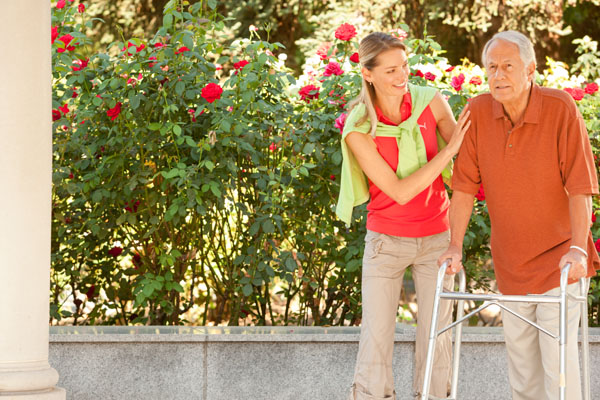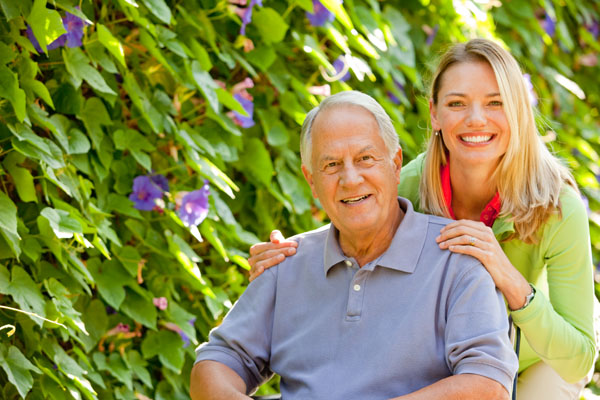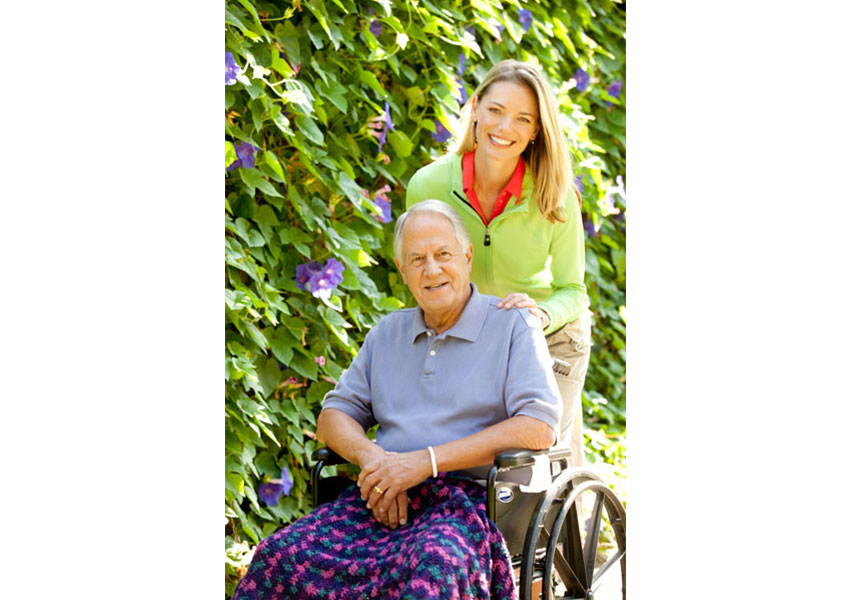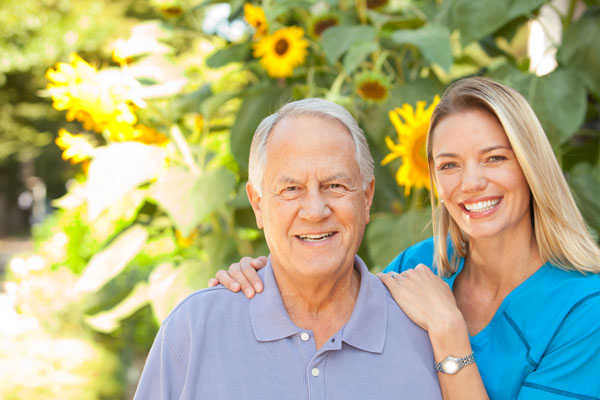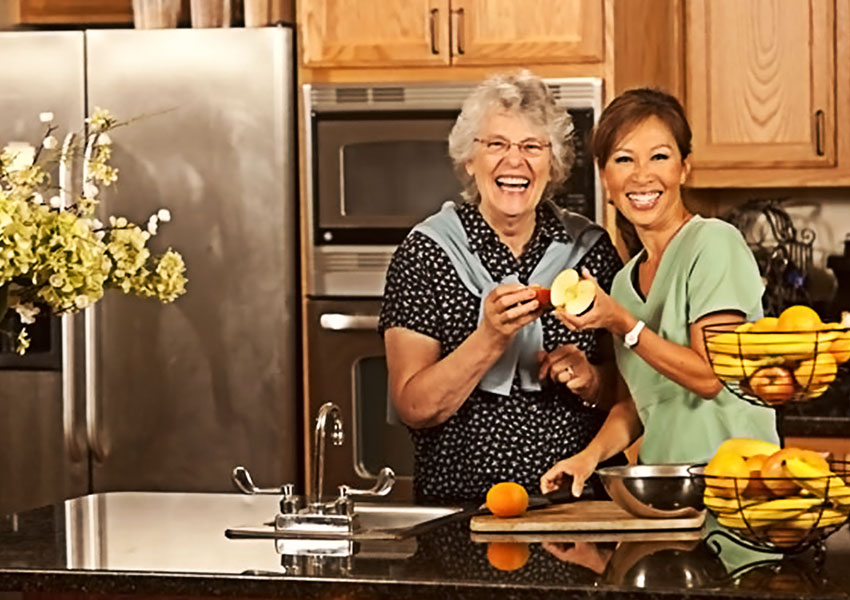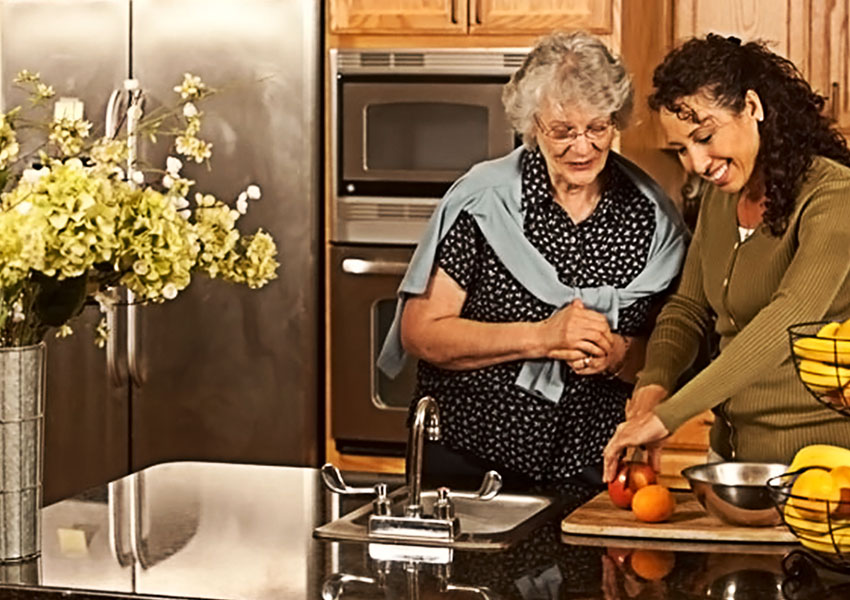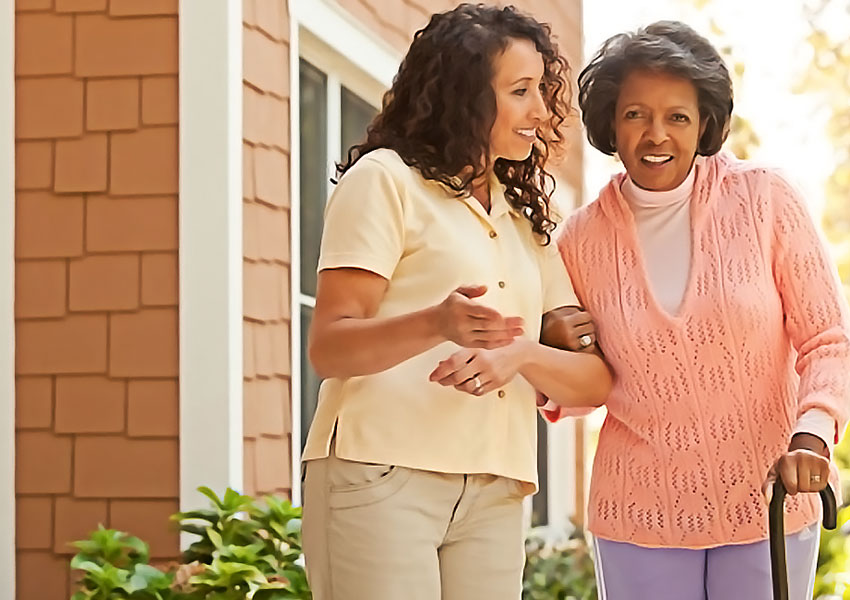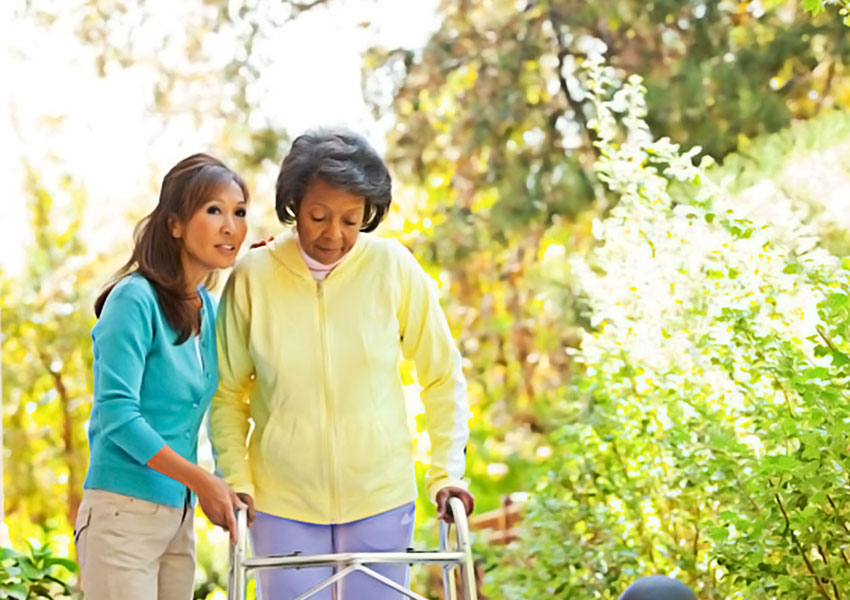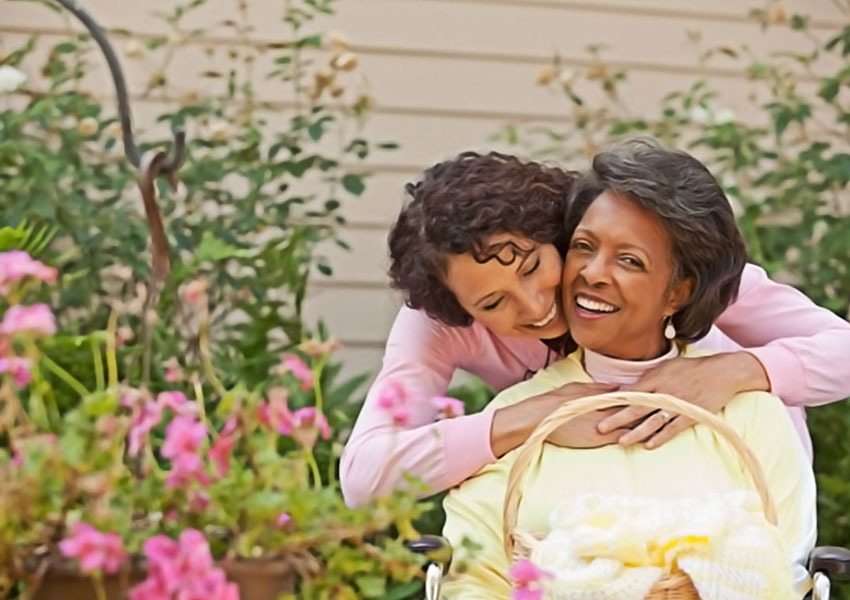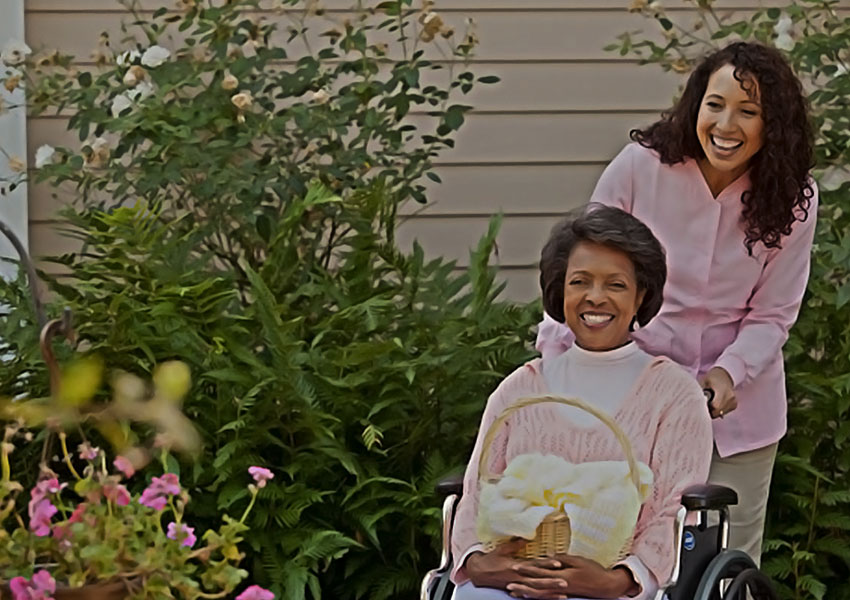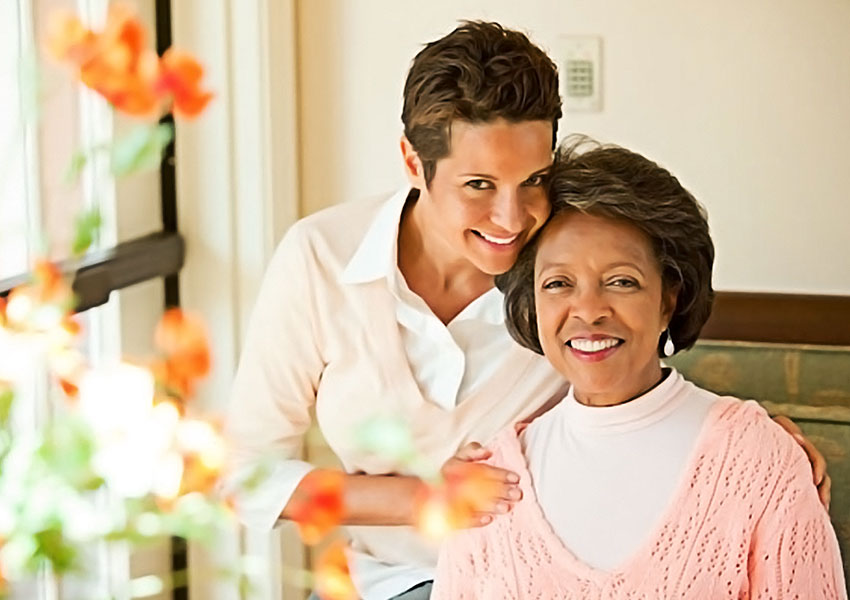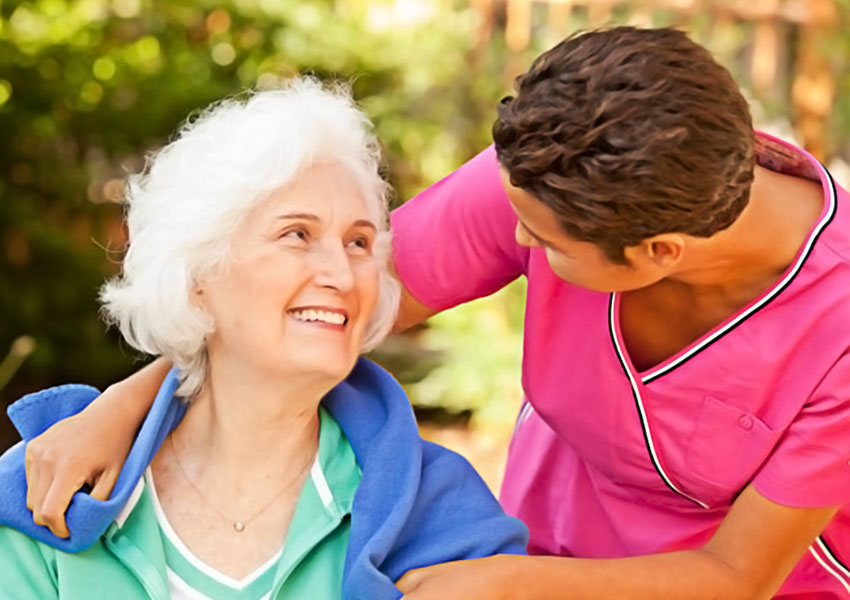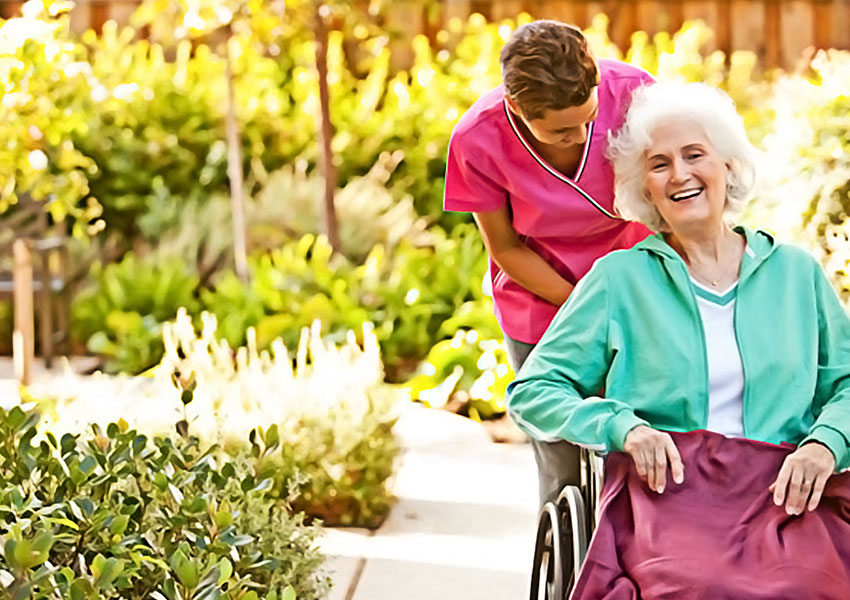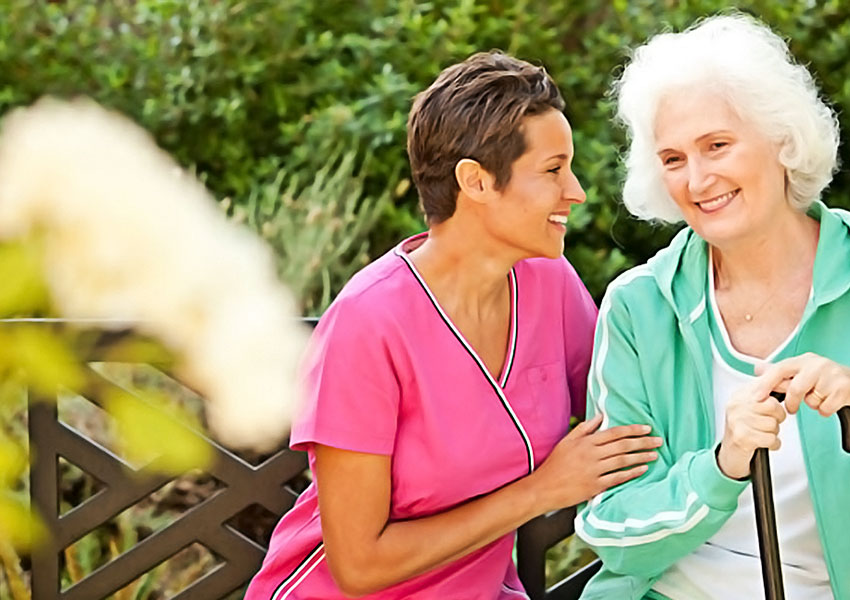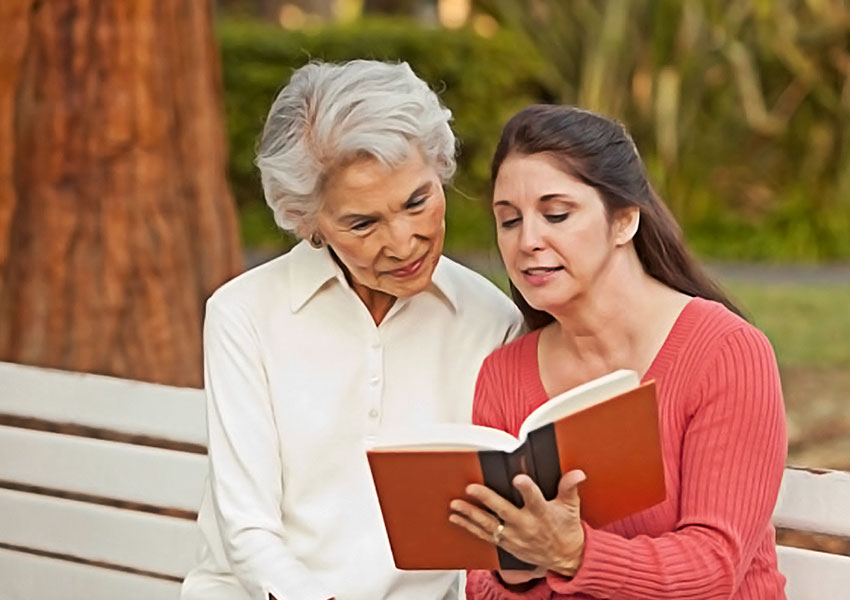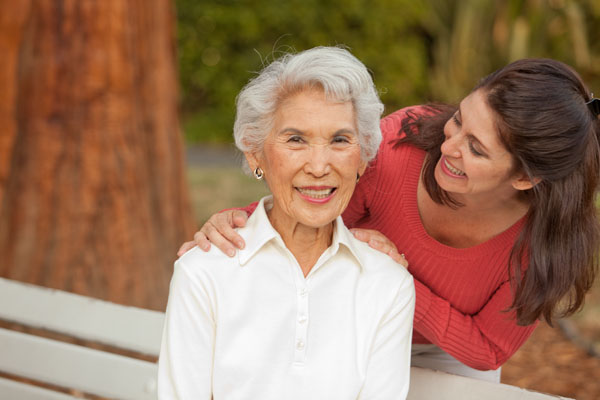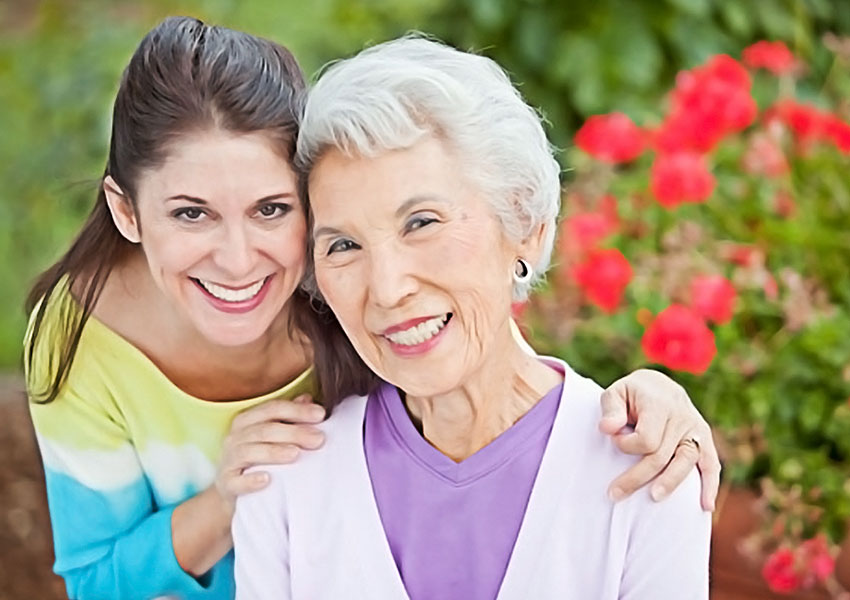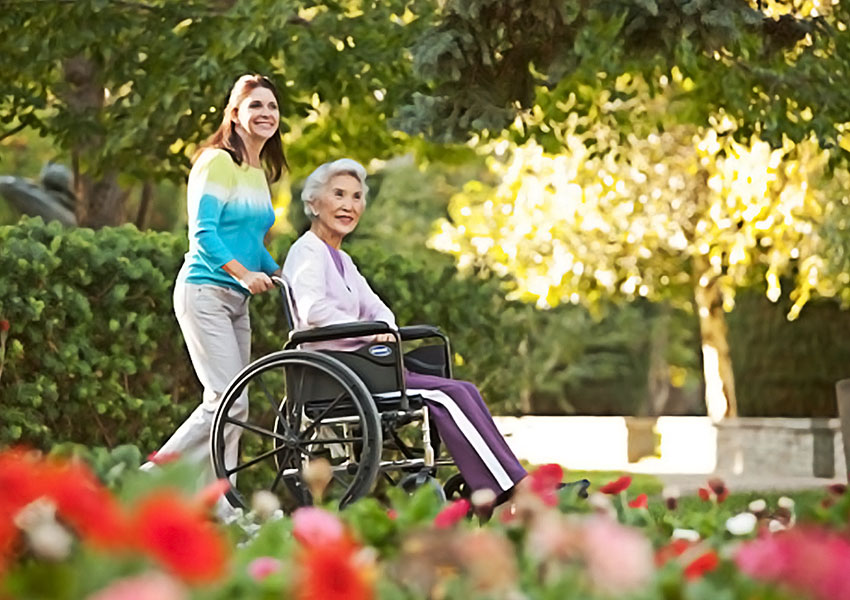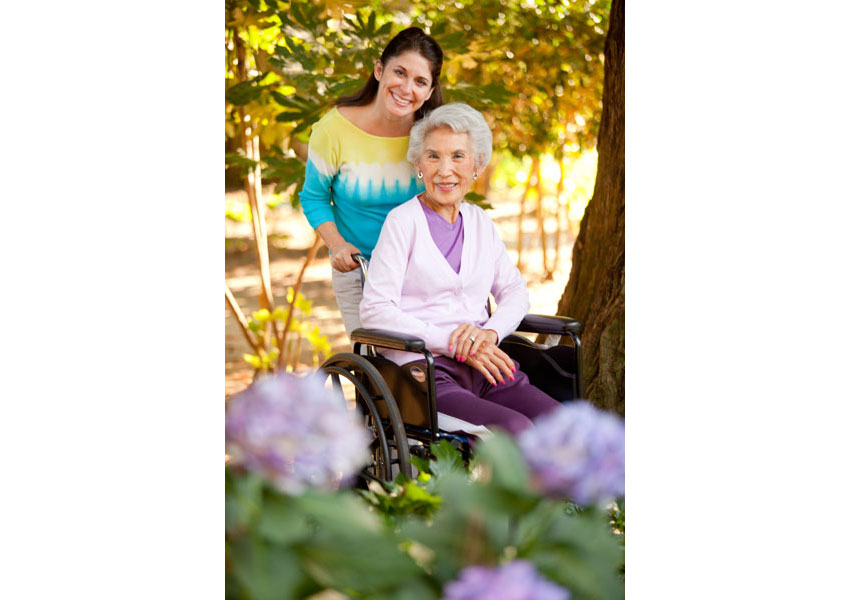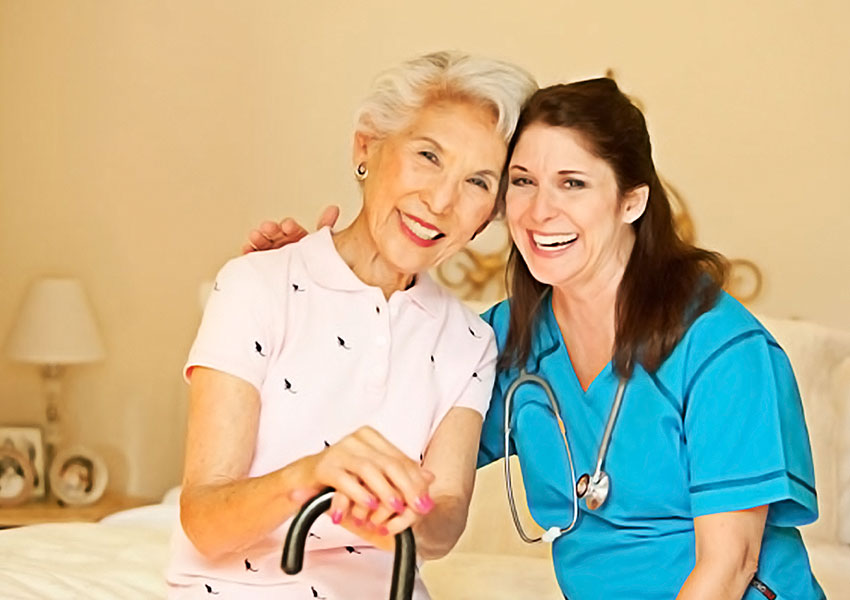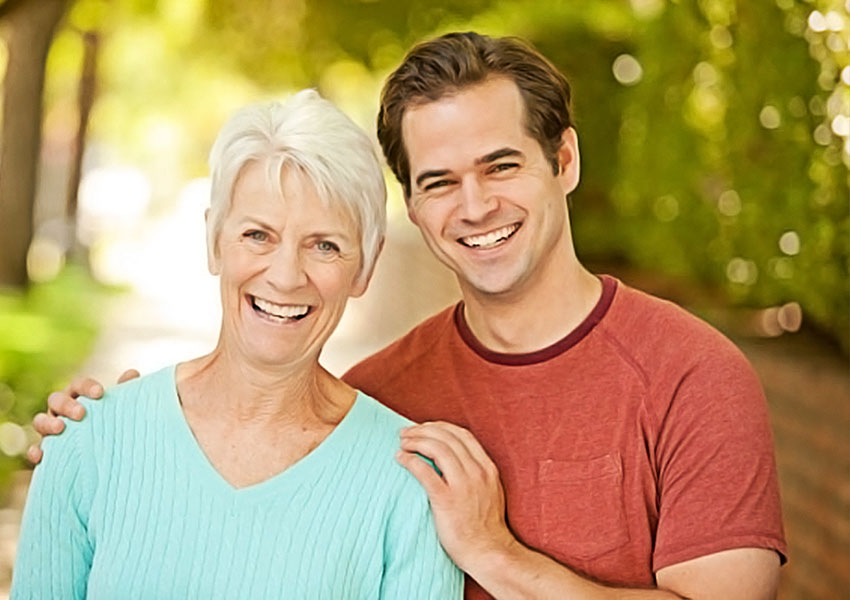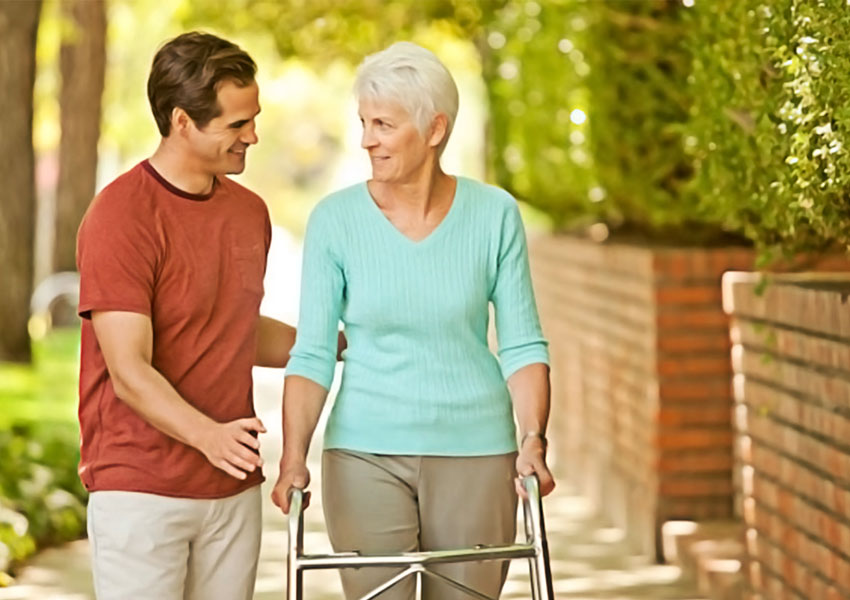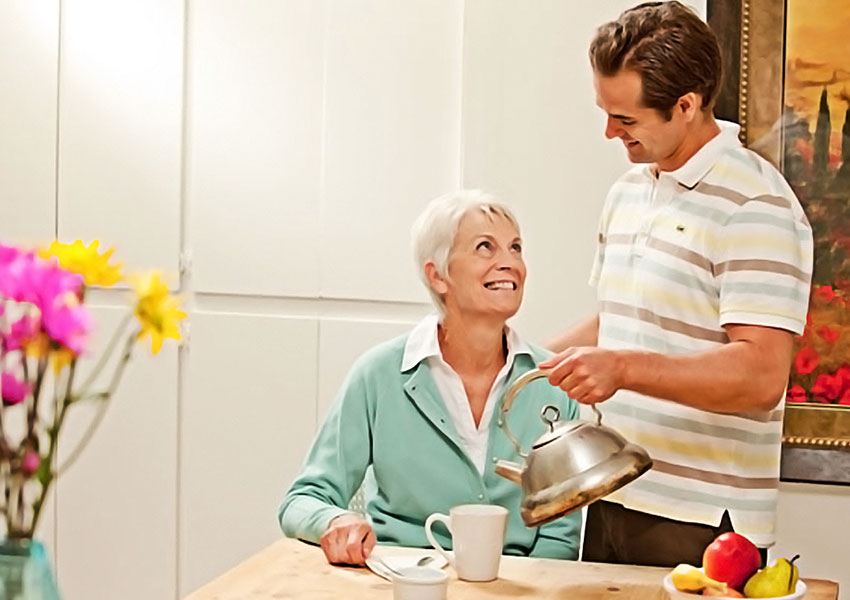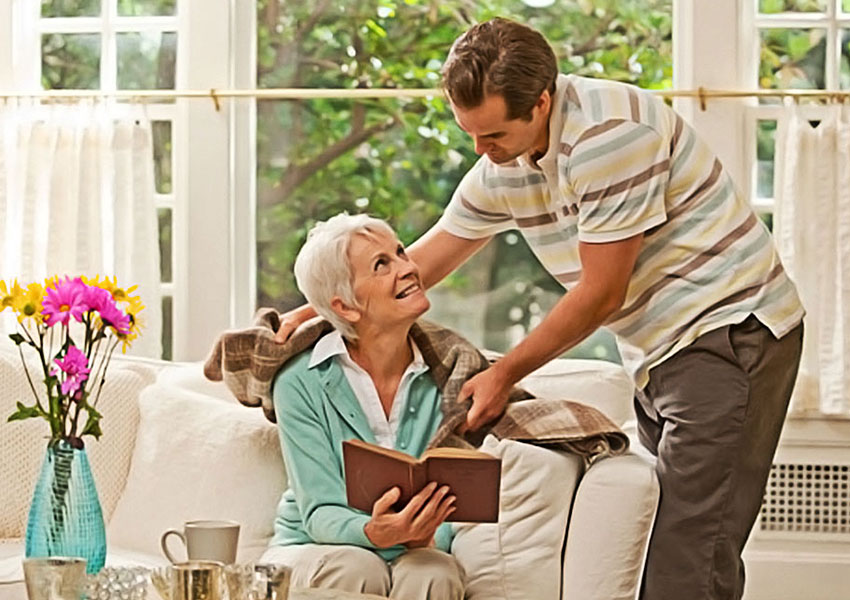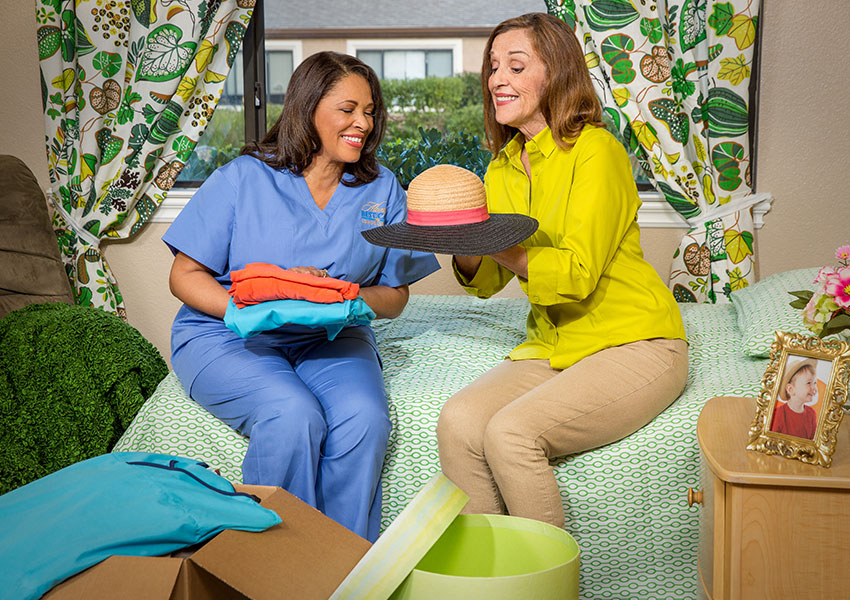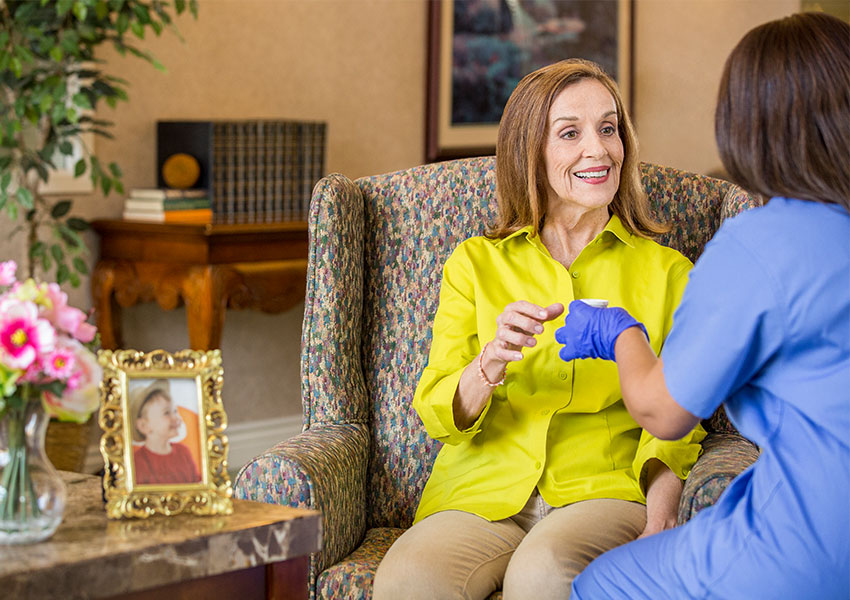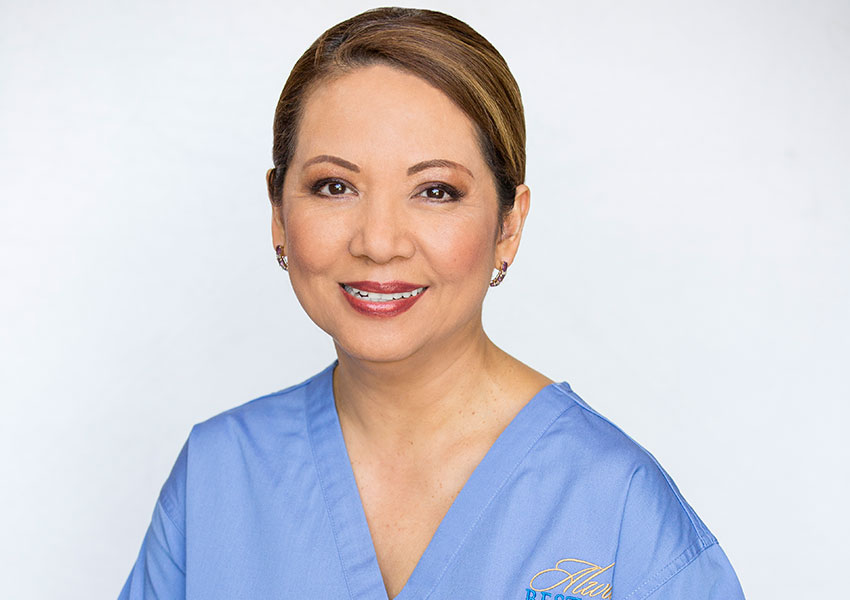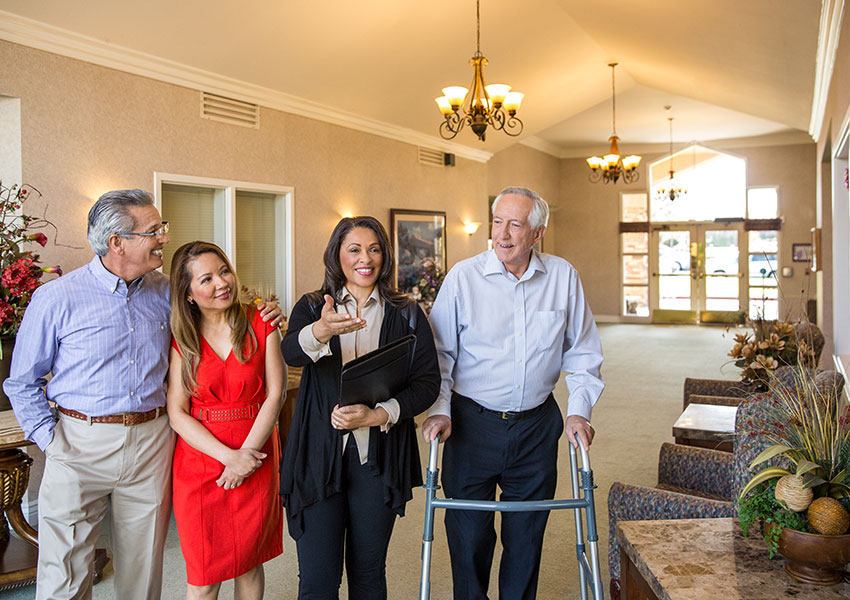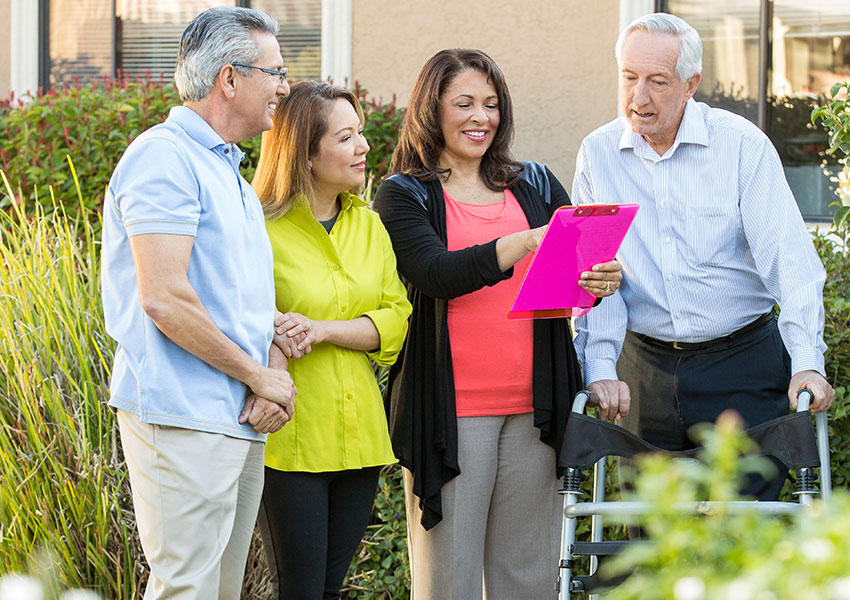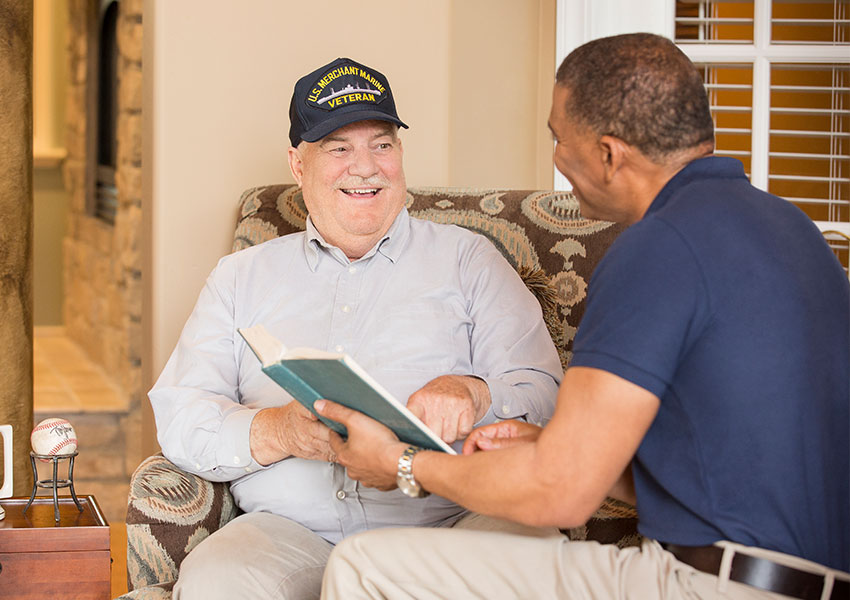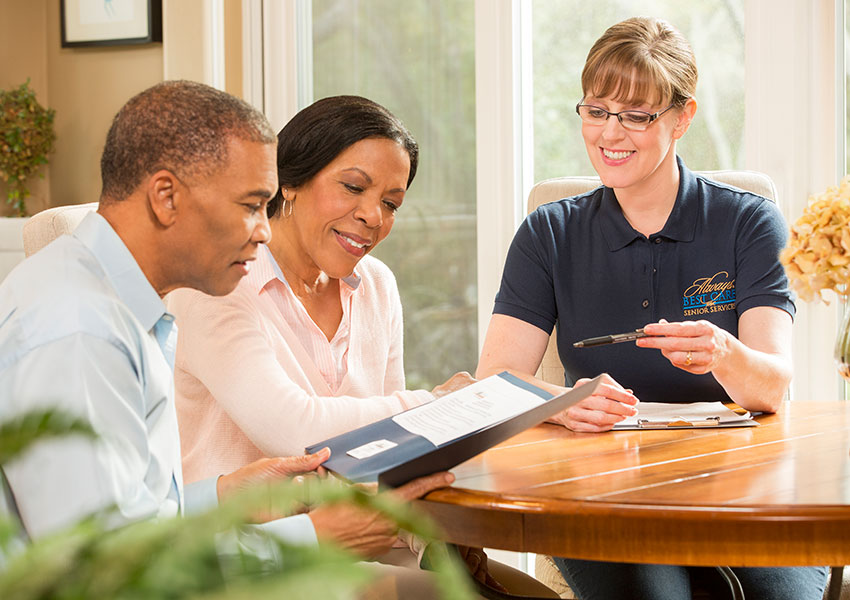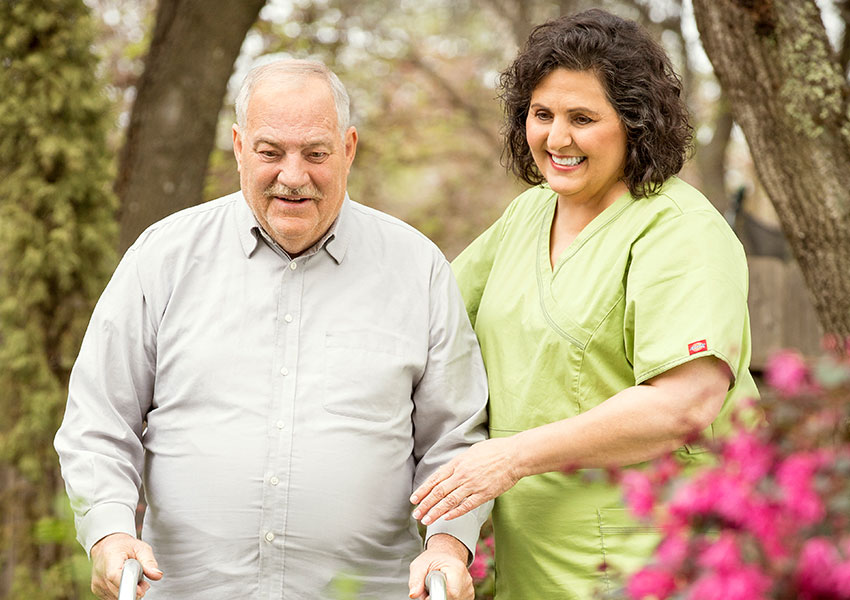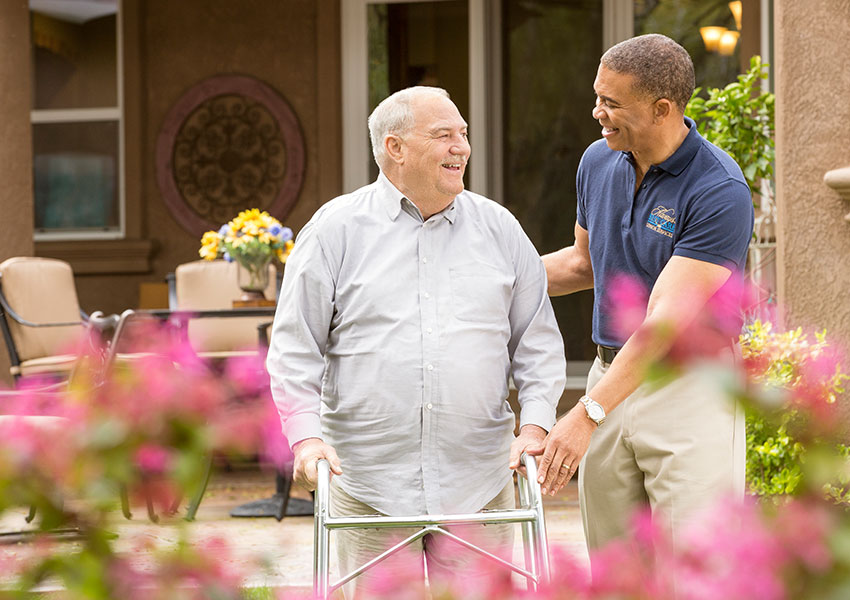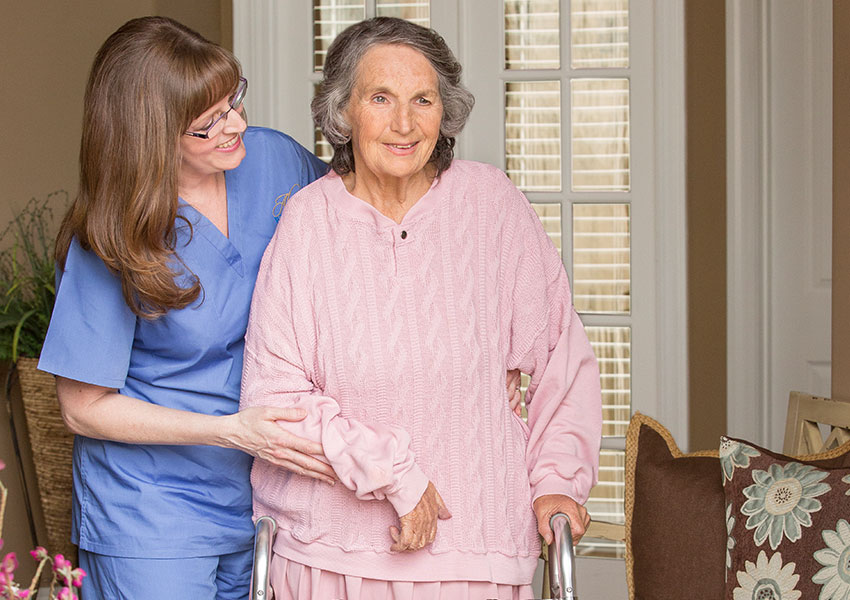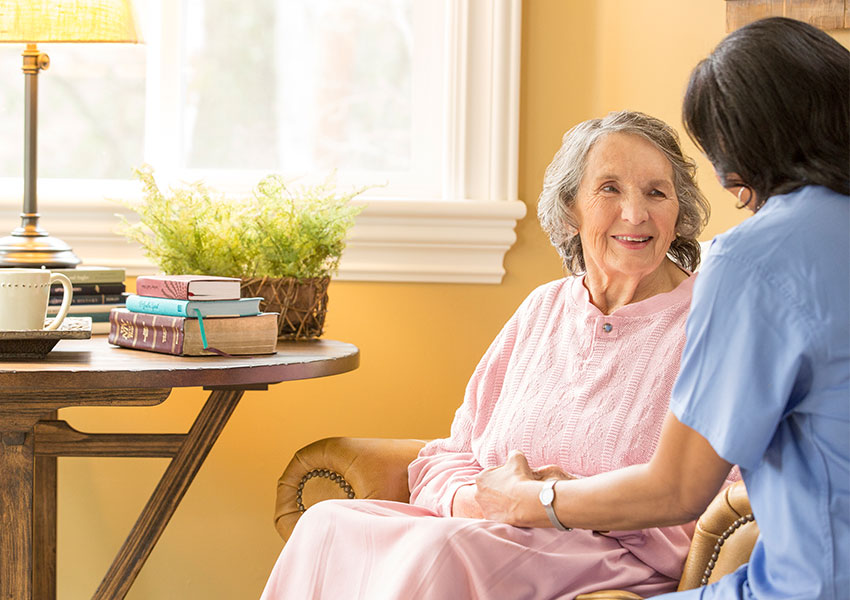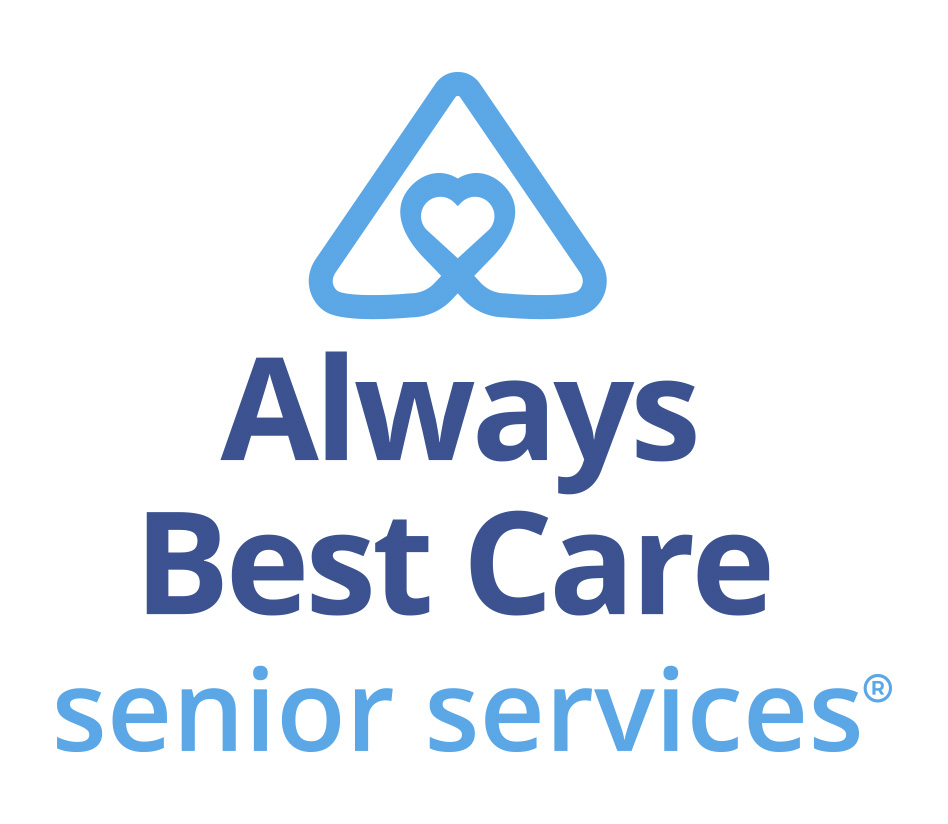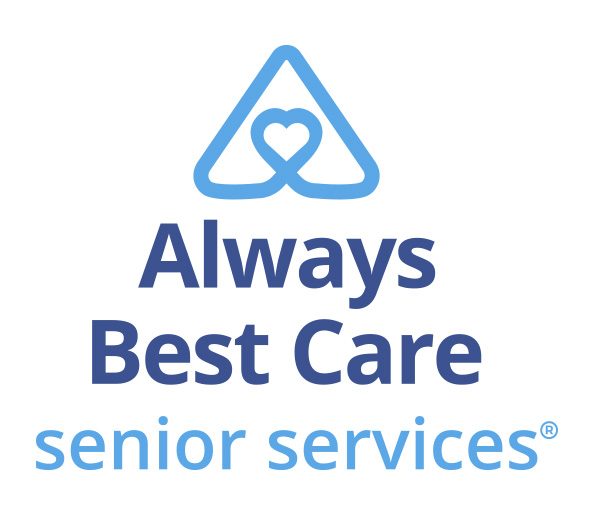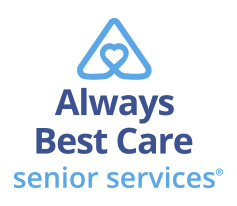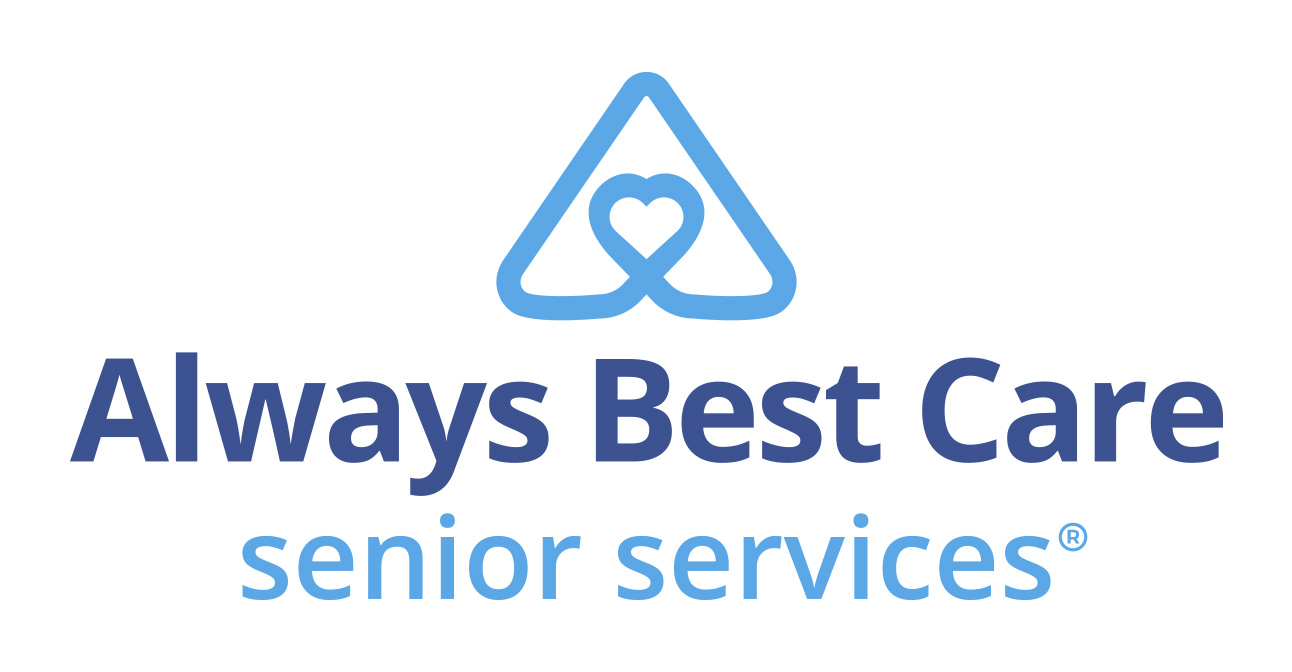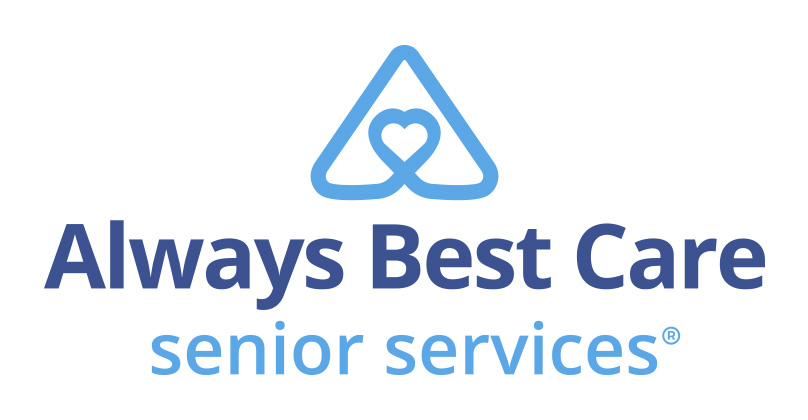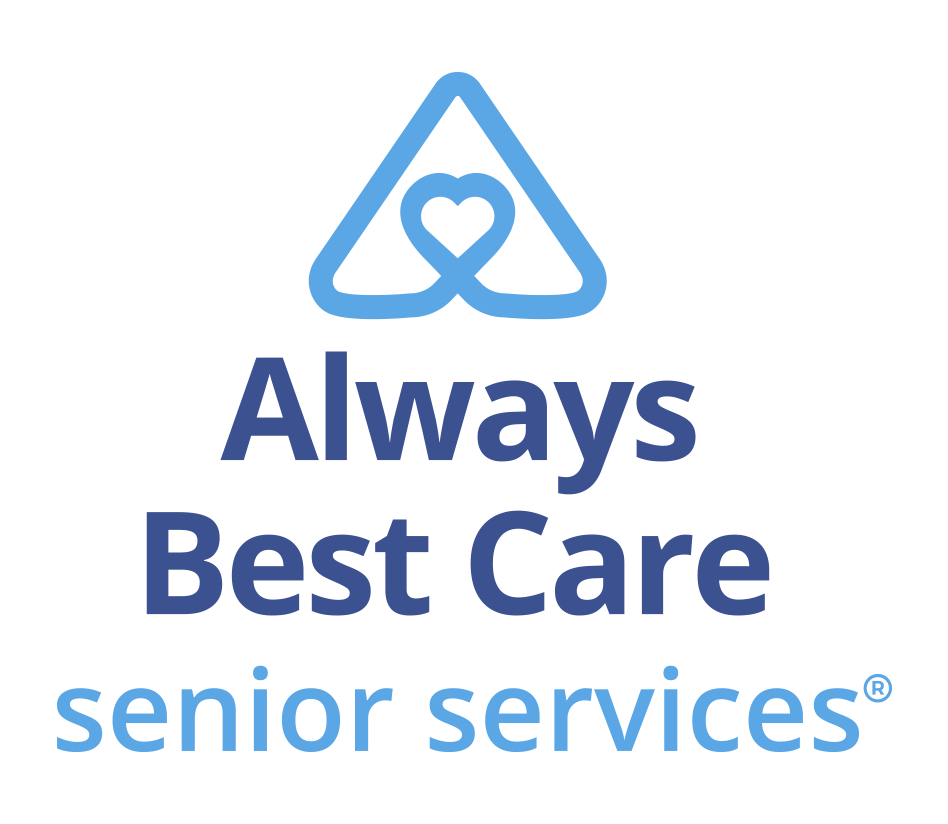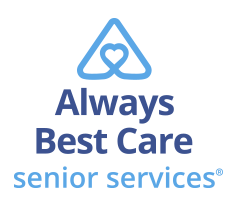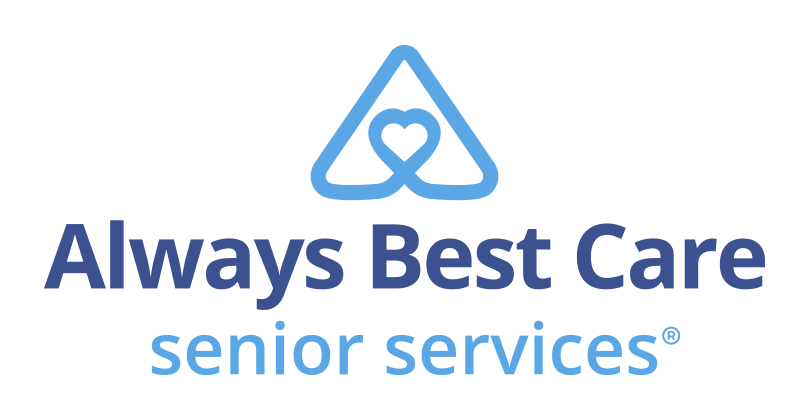With 39 percent of households in the United States owning 77.5 million dogs, it’s not surprising to know that dogs bring joy to humans. Pets in general are beneficial for people because they offer companionship, acceptance and loving contact. A study in the Journal of American Geriatrics demonstrates that “seniors living on their own who have pets tend to have better physical health and mental well-being than those who don’t. They are more active, cope better with stress and have better overall health. They also reported shorter hospital stays and less health-care costs than non-pet owners.”Dogs create better healthDr. Deborah Wells, a psychologist from Queen’s University in Belfast, United Kingdom, confirmed, after reviewing dozens of research papers, that pet owners tended to be in better general health than those who did not own pets. She said dog owners suffered fewer minor ailments and serious medical problems. Supporting this theory, a Journal of the Royal Society of Medicine study, Beneficial Effects of Pet Ownership on Some Aspects of Human Health and Behavior, says, “…new pet owners reported a highly significant reduction in minor health problems during the first month following pet acquisition. The results provide evidence that pet acquisition may have positive effects on human health and behavior, and that for dog owners these effects are relatively long term.” This means pet owners required fewer visits to the doctor and had less need for medications.How does this happen? Dogs in particular provide these benefits for their human families:
Reduced stress and lower blood pressure – Health Behavior News Service reports that, when conducting a stressful task, people actually experience less stress when their pets are with them, compared to when a supportive friend or spouse is nearby. Increased amount of exercise – Because dogs need exercise, dog owners participate in more physical activity than non-dog owners. Enhanced social interaction – Dogs have a funny way of bringing people together. Dog lovers are not shy when approaching another person with a dog. This facilitates social interaction between people and between people and dogs. One study even shows that wheelchair users, when accompanied by a dog, experience more positive social interactions with strangers. Overall wellbeing – People benefit largely from the unconditional love and companionship pets provide. A person feels needed, loved, appreciated, and less lonely. A St. Louis University Medical Center study done in a nursing home noticed that residents who had scored high on a loneliness scale said they wanted to receive weekly one-on-one visits from dogs. After six weeks, theseb residents experienced a significant decrease in their loneliness. Pet ownership is a big responsibility and is not necessarily for everyone. The cost and care of having a pet should be considered before bringing home a new four-legged family member. However, the benefits of owning a dog, or any pet, can far outweigh the drawbacks and elevate the overall health of its owner.
Therapy dogs prove to be superstarsThe theory that dogs improve people’s health has been around a long time. As early as the 18th century, therapy dogs were brought into mental institutions to help socialize patients with mental disorders. Current day use of therapy dogs extends into many branches of health care, including nursing homes and hospitals. Says Susan Oh, Owner of OhomeCare, a company providing homecare and therapy dog services in Denver, Colorado, “We’ve seen firsthand how therapy dogs enable seniors to gain a sense of acceptance, self-confidence and comfort.”People with Alzheimer’s disease have smiled and laughed because of interactions with dogs (Buttram, D. 2004). Patients who underwent joint replacement surgery and were visited by therapy dogs needed 50 percent less pain medication (Plunkett 2009). “The major problem with emotional and physical disorders is the resulting inability to function normally. Dogs help normalize many of us. They provide connection with caring and positive thinking,” says Bob Howat, a licensed marriage and family therapist.Both stories and statistics offer insight as to why the human spirit is genuinely moved by the unwavering love and affection of therapy dogs. Dr. Dog?Will dogs go from being “man’s best friend” to “man’s favorite doctor”? Some dogs have been trained to recognize cancerous samples; others have reacted to an owner’s condition all on their own. Either way, researchers are encouraged by the results of studies that have led them to confirm that diseases give off odors and dogs have sensitive enough olfactory skills to pick up on them. Dogs are connsistently sniffing out significant medical trouble and enlightening the medical community on alternative disease detection methods.Cancer detection by dogs was first noted in the early 1980s when, Gill Lacey’s dog, Trudi, kept sniffing at his leg. He realized she was sniffing at a tiny mole. The mole turned out to be a malignant melanoma, a deadly form of cancer. The dog had sensed something was wrong; therefore saving his life.Cancer in many forms has proven to be a disease that dogs can accurately smell. Using urine samples from people with and without bladder and prostate cancers, dogs have accurately uncovered the cancerous samples. The British Medical Journal published a study from the scientists at Amersham hospital in which dogs had a 41 percent success rate for sniffing out bladder cancer. Researchers were puzzled when all the dogs indicated that one of the “cancer-free” samples was a cancerous sample. The patient who gave the sample had been examined prior to the study and no cancer had been found. They retested the patient. Incredibly, the tests revealed a tumor in the patient’s right kidney that had escaped diagnosis by usual medical tests the first time.The PSA (Prostate-Specific Antigen) test, which is widely used to uncover cancer has a high false-positive rate. According to the Chief of Urology at the University of New York, Anthony Y. Smith, MD, “If all the men with high PSA scores go on to have biopsies, fewer than one-third will actually have cancer.”In contrast, out of 66 tests the trained dog picked out the sample from a person with prostate cancer 63 times with only three false-positives.Dogs even have the remarkable ability to detect breast and lung cancers. For these cancers, the dogs had been trained to smell subjects’ breath that was captured in tubes. The results were an astounding 88 percent for breast cancer and 97 percent for lung cancer (Integrative Cancer Therapies). The trained dogs also identified both cancers in their early stages, the study confirmed.
Another incredible feat by our furry friends is their ability to detect the onset of a diabetic’s episode. An organization called United Kingdom trains dogs to recognize when their owners are having, or are about to have, a diabetic episode by using body odor. One of the trainers is diabetic, so when she has a hypoglycemic attack, she captures her body odor oncotton and puts it in a bottle. When she opens the bottle, the dog is trained to lick her face and fetch her insulin kit. The dogs who are trained to react to diabetes issues have allowed their owners more freedom to go about their lives because the dog can often detect the attack before it happens. This lets the owner take action to address his or her blood sugar levels before it is a real problem. The next step is for researchers to identify which chemical or chemicals are in the diseases that the dogs are reacting to. Then a medical device, an “electronic nose,” can be developed that will pick up that scent and would present a groundbreaking early detection method for disease. Dogs have always been a natural favorite pet for many Americans. Dogs have shown their value in the medical field for a long time by providing their presence as a comfort to many ill and aging patients. Now they are giving hope to incredible advances in disease detection as well.
# # #
Reprinted by Always Best Care Senior Services with permission from the Society of Certified Senior Advisors. The Certified Senior Advisor (CSA) program provides the advanced knowledge and practical tools to serve seniors at the highest level possible while providing recipients a powerful credential that increases their competitive advantage over other professionals. The CSA works closely with Always Best Care Senior Services to help ABC business owners understand how to build effective relationships with seniors based on a broad-based knowledge of the health, social and financial issues that are important to seniors, and the dynamics of how these factors work together in seniors’ lives. To be a Certified Senior Advisor (CSA) means one willingly accepts and vigilantly upholds the standards in the CSA Code of Professional Responsibility. These standards define the behavior that we owe to seniors, to ourselves, and to our fellow CSAs. The reputation built over the years by the hard work and high standards of CSAs flows to everyone who adds the designation to their name.
Always Best Care Senior ServicesAlways Best Care Senior Services (www.alwaysbestcare.com) is based on the belief that having the right people for the right level of care means peace of mind for the client and family. Always Best Care Senior Services has assisted over 25,000 seniors, representing a wide range of illnesses and personal needs. This has established the company as one of the premier providers of in-home care, assisted living placement assistance, and skilled home health care.
To print this article CLICK HERE





